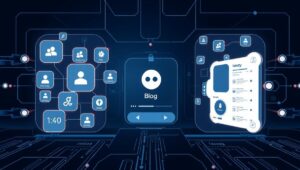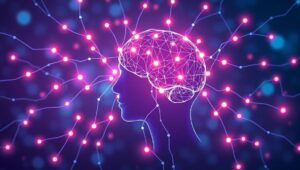May 27, 2025
Voice Assistants in 2028: Proactive, Contextual, and Indispensable
Voice Assistants in 2028: Proactive, Contextual, and Indispensable In the rapidly evolving landscape of technology, voice assistants are poised to become even more integral to our daily lives by 2028. This article explores the anticipated advancements, capabilities, and roles that voice assistants will assume, transforming how we interact with technology and the world around us. The Evolution of Voice Assistants Voice assistants have come a long way since their inception. Early versions were limited to simple tasks such as setting alarms and playing music. Today, they can manage smart home devices, provide information, and even engage in basic conversation. By












